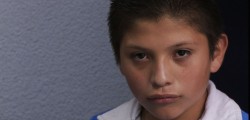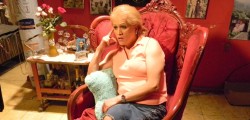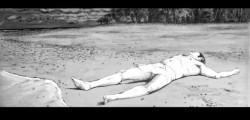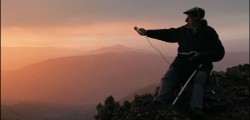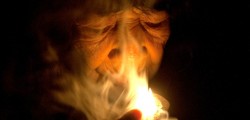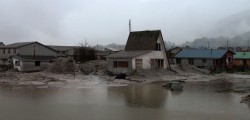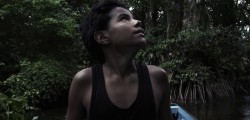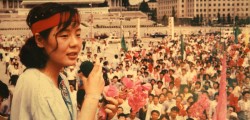The Naked Room
The Naked Room shows a whole world without leaving a single space: the examination room in the psychiatric wing of a Mexico City children’s hospital. Here the traumas and nightmares of a generation of Mexican youth are revealed in all their painful reality. The youth suffer from issues including severe depression, schizophrenia, post-traumatic stress disorder from assault and more. Many of the children in the film pose a danger to themselves or others; and the care they receive in this office may be their last hope.

